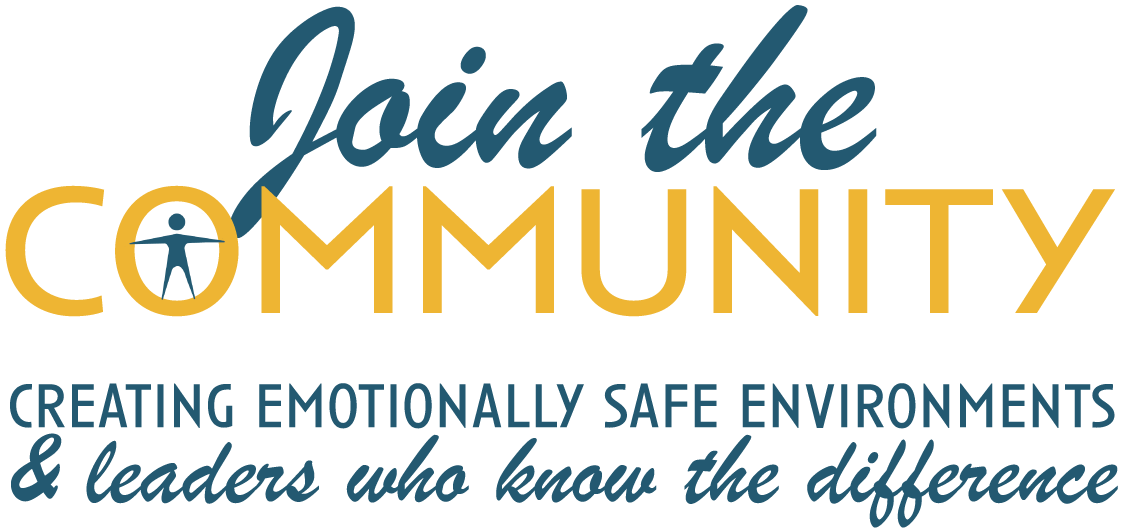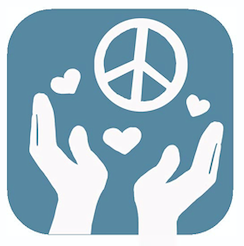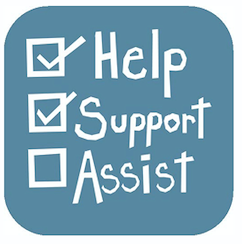 Image 1 of
Image 1 of


Reframe Mistakes
It is so important teach our students to recognize that everyone makes mistakes and that our mistakes do not define us. We need to celebrate them as opportunities to learn and improve, forgive ourselves for past mistakes to clear a path to self-love and growth.
Question is how?
Initiate a conversation with your students.”Today we are going to talk about mistakes. Everybody makes them—from leaving your homework at home to sending a text to the wrong person!”
Have your students take 60 seconds to think of a mistake that they have made recently. Ask them:
What are common responses to mistakes?
What do you say in your head or aloud when you make one?
Or what do you hear people say?
How do those types of responses make us feel?
Our gut reactions to tiny (or big) mistakes is often very negative and gets us more frustrated and down on ourselves than is necessary. We might think, “I’m so stupid” or “Shoot, now my whole day is ruined.” It’s not ruined, this is a perfect avenue teach your students how Reframe their Mistakes in to a positive experience.
Shorthand: I made a mistake! *applause*
This set includes 3 lesson plans, activities and guidelines to easily implement in your classroom.
It is so important teach our students to recognize that everyone makes mistakes and that our mistakes do not define us. We need to celebrate them as opportunities to learn and improve, forgive ourselves for past mistakes to clear a path to self-love and growth.
Question is how?
Initiate a conversation with your students.”Today we are going to talk about mistakes. Everybody makes them—from leaving your homework at home to sending a text to the wrong person!”
Have your students take 60 seconds to think of a mistake that they have made recently. Ask them:
What are common responses to mistakes?
What do you say in your head or aloud when you make one?
Or what do you hear people say?
How do those types of responses make us feel?
Our gut reactions to tiny (or big) mistakes is often very negative and gets us more frustrated and down on ourselves than is necessary. We might think, “I’m so stupid” or “Shoot, now my whole day is ruined.” It’s not ruined, this is a perfect avenue teach your students how Reframe their Mistakes in to a positive experience.
Shorthand: I made a mistake! *applause*
This set includes 3 lesson plans, activities and guidelines to easily implement in your classroom.
It is so important teach our students to recognize that everyone makes mistakes and that our mistakes do not define us. We need to celebrate them as opportunities to learn and improve, forgive ourselves for past mistakes to clear a path to self-love and growth.
Question is how?
Initiate a conversation with your students.”Today we are going to talk about mistakes. Everybody makes them—from leaving your homework at home to sending a text to the wrong person!”
Have your students take 60 seconds to think of a mistake that they have made recently. Ask them:
What are common responses to mistakes?
What do you say in your head or aloud when you make one?
Or what do you hear people say?
How do those types of responses make us feel?
Our gut reactions to tiny (or big) mistakes is often very negative and gets us more frustrated and down on ourselves than is necessary. We might think, “I’m so stupid” or “Shoot, now my whole day is ruined.” It’s not ruined, this is a perfect avenue teach your students how Reframe their Mistakes in to a positive experience.
Shorthand: I made a mistake! *applause*
This set includes 3 lesson plans, activities and guidelines to easily implement in your classroom.







